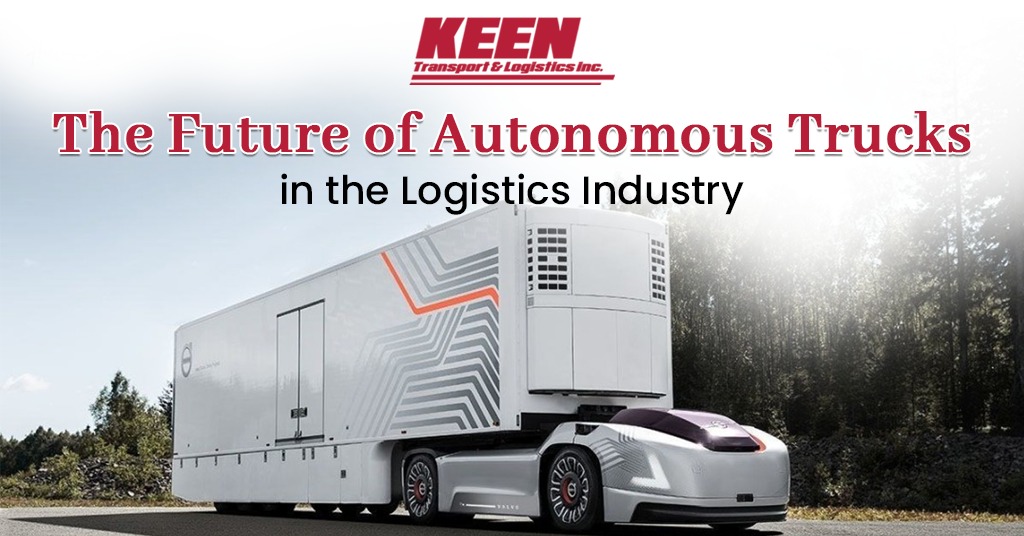The logistics industry is on the brink of a transformation, with autonomous trucks set to redefine transportation as we know it. As technology advances, self-driving trucks are becoming more than just a concept—they are poised to revolutionize supply chains, reduce operational costs, and enhance efficiency.
The Rise of Autonomous Trucks
Autonomous trucks leverage artificial intelligence (AI), sensors, and machine learning to navigate roads with minimal human intervention. Companies like Tesla, Waymo, and Embark are already testing autonomous trucking solutions, signaling that the industry is advancing widespread adoption.
Benefits of Autonomous Trucking
- Cost Efficiency – By reducing the need for human drivers, companies can cut labor costs, minimize fuel consumption through optimized driving, and lower maintenance expenses due to more precise vehicle control.
- Increased Safety – AI-driven trucks eliminate human error, which is a leading cause of accidents. Autonomous systems can react faster to road conditions, reducing collisions and improving overall road safety.
- Enhanced Productivity – Unlike human drivers who require rest breaks, autonomous trucks can operate continuously, ensuring faster deliveries and optimizing supply chain operations.
- Environmental Impact – These vehicles can be programmed for fuel efficiency, reducing carbon emissions, and promoting greener logistics solutions.
Challenges and Roadblocks
Despite the promising advantages, the widespread adoption of autonomous trucks faces several hurdles:
- Regulatory Concerns – Governments need to establish comprehensive laws and safety standards before full deployment.
- Cybersecurity Risks – As with any AI-driven technology, autonomous trucks are susceptible to hacking and software malfunctions.
- Job Displacement – The trucking industry employs millions of drivers worldwide. While autonomous trucks may create new tech-based jobs, they could also disrupt traditional employment.
- Infrastructure Readiness – The success of self-driving trucks depends on smart roads, advanced traffic management, and robust communication networks.
The Road Ahead
While fully autonomous trucking may still be years away from widespread adoption, companies are gradually integrating semi-autonomous features to enhance safety and efficiency. Features like lane-keeping assistance, adaptive cruise control, and automated braking are already improving traditional trucking operations.
As technology evolves and regulatory frameworks develop, autonomous trucks will play a crucial role in shaping the future of logistics. Businesses that embrace this change early will gain a competitive edge in an industry that is set to be revolutionized by automation.
Are autonomous trucks the future of logistics? The answer seems to be a resounding yes—it’s only a matter of time.

